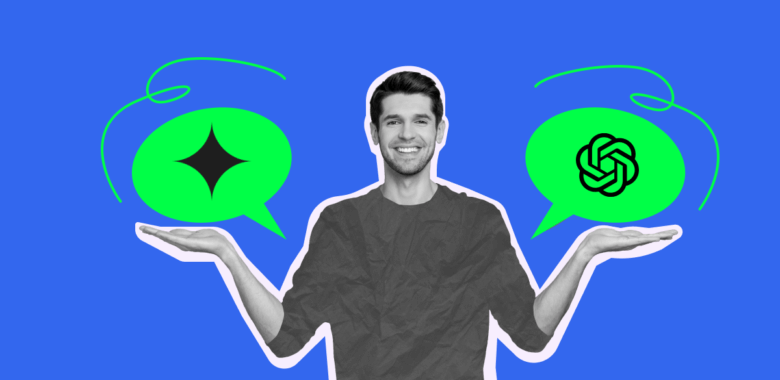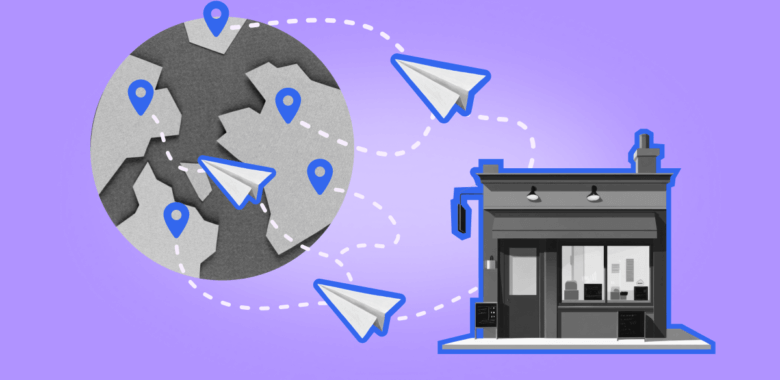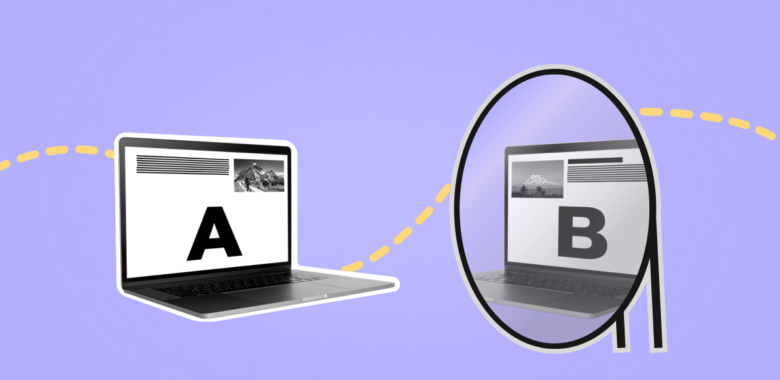Overview of ChatGPT and Google Gemini (ex-Bard)
Diving into the world of artificial intelligence chatbots, ChatGPT and Google Gemini stand out as two giants most often chosen by the crowd.
According to Similarweb, OpenAI’s ChatGPT clocked in a staggering 1.6 billion visitors in February 2024, while Gemini drew 316 million. This massive gap in traffic is a sign of how users are gravitating towards ChatGPT’s robust features and versatile applications, from crafting emails to generating creative content.
ChatGPT has become a go-to for everything from ChatGPT for email marketing to software development, thanks to its conversational AI that can juggle text prompts and spit out helpful answers powered by GPT-3.5 on a free version. Think of it as having a personal assistant who’s also a coding guru, creative writer, and research whiz all rolled into one. Plus, for those seeking cutting-edge services, ChatGPT Plus subscribers get the latest GPT-4 model, the bonus of web browsing for real-time information, interacting with image inputs, chatting away with voice commands, and using a suite of custom GPTs — plugins that extend its capabilities even further.
On the flip side, Google Bard (renamed Gemini in February 2024) allegedly brings its A-game by tapping into the search engine giant’s vast reservoir of web pages and current events. It’s like Google Search on steroids, ready to feed you the latest scoop in more personal, conversational-style responses. While Gemini might not have the same range of creative tools as ChatGPT, it excels in pulling up-to-date info straight from the internet, making it a go-to for queries needing the freshest answers. The free version of Gemini uses the 1.0 Pro AI model to craft its answers, Gemini Advanced gives you access to Google’s most capable AI model, 1.0 Ultra. It’s claimed to be better at reasoning, following instructions, coding, and creative collaboration.
So, what’s the verdict in this ChatGPT vs. Google Gemini services showdown? Stick around as we explore the differences across the various performance areas testing both chatbots.























